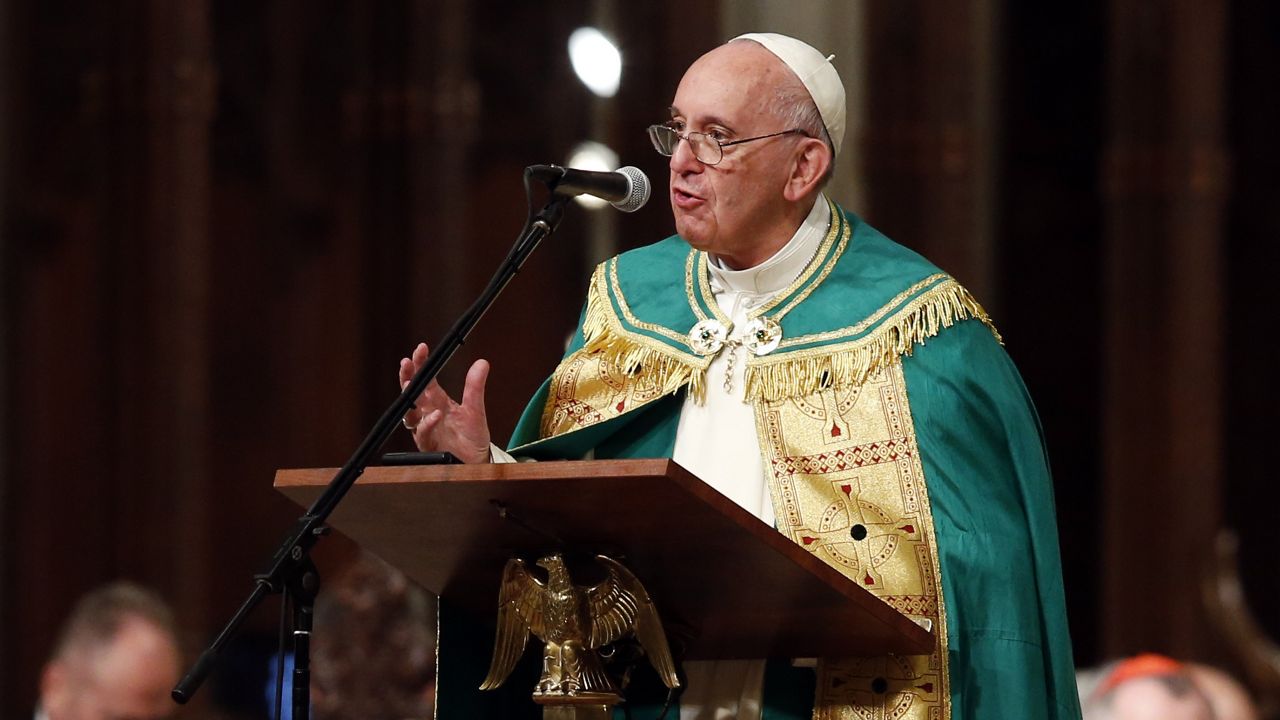WORCESTER, Mass. - Massachusetts Attorney General Andrea Campbell this week certified a 2024 ballot question which could eventually bring rent control back to Massachusetts.
Advocates of the proposal would need to collect roughly 75,000 signatures by November to clear the next hurdle in adding the item to an election ballot. Rent control has been outlawed in Massachusetts since a 1994 referendum.
Leah Bradley, executive director of the Central Massachusetts Housing Alliance, said rent control allows communities to control the amount of rent that a landlord could increase each year. She feels it would be an important tool in the current housing market because costs continue to rise and the measure could help protect tenants.
"We think it's a step in the right direction, but we'd really like to see it bring together landlords, property owners, providers and renters to really think through some of the things that we need to take into consideration," Bradley said. "One of the things we want to be sure of is that it doesn't impact the production of units, because we need both the rent control and some form of protections for landlords and the production to continue."
Bradley said CMHA would also want to ensure rent control wouldn't impact property owners' ability to improve a property - they'd need to still be earning enough income to make those improvements. With rent prices currently showing no signs of decreasing, she feels the positives outweigh the negatives in this case.
"We've seen rent increases anywhere from $100 a month to $150 dollars a month," Bradley said. "If you think about not knowing that you were going to get that rent increase, that is just something that's really not sustainable for folks, which is part of the reason that we're also seeing an increase in the number of families across the state that are experiencing homelessness."
This particular ballot question would give cities and towns the option to enact local regulations, and some opponents of it have speculated leaving rent control up to local governments wouldn't have the positive impact advocates hope for.
Bradley believes a statewide standard on rent control would be more effective.
"We know that some communities will participate and others won't," Bradley said. "And what that does is continue to perpetuate that some of the towns don't have enough rental housing for all income levels. So we'd really like to see a statewide effort as opposed to leaving it up to the individual municipalities."
If advocates of the rent control ballot question collect the required signatures by November, the measure will then be sent to the Massachusetts Legislature in January, which could either pass the measure, propose a substitute or take no action.
If the Legislature doesn't pass the measure, advocates would then have to collect an additional 12,429 signatures and file them with local election officials in early July.










